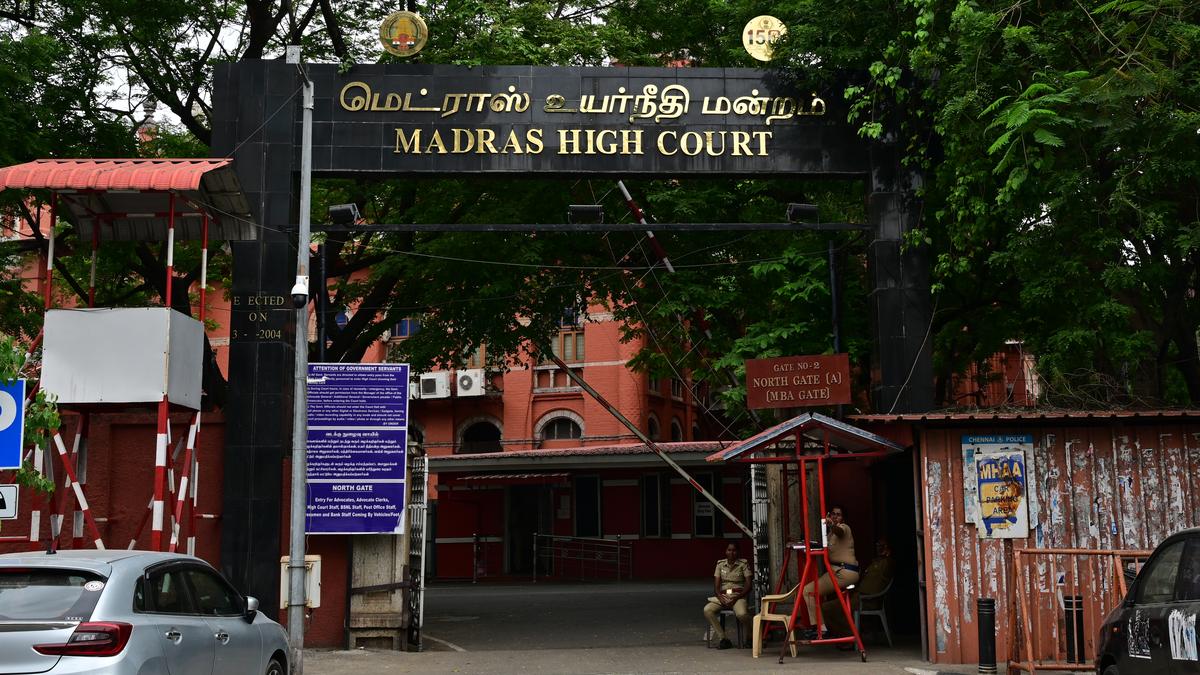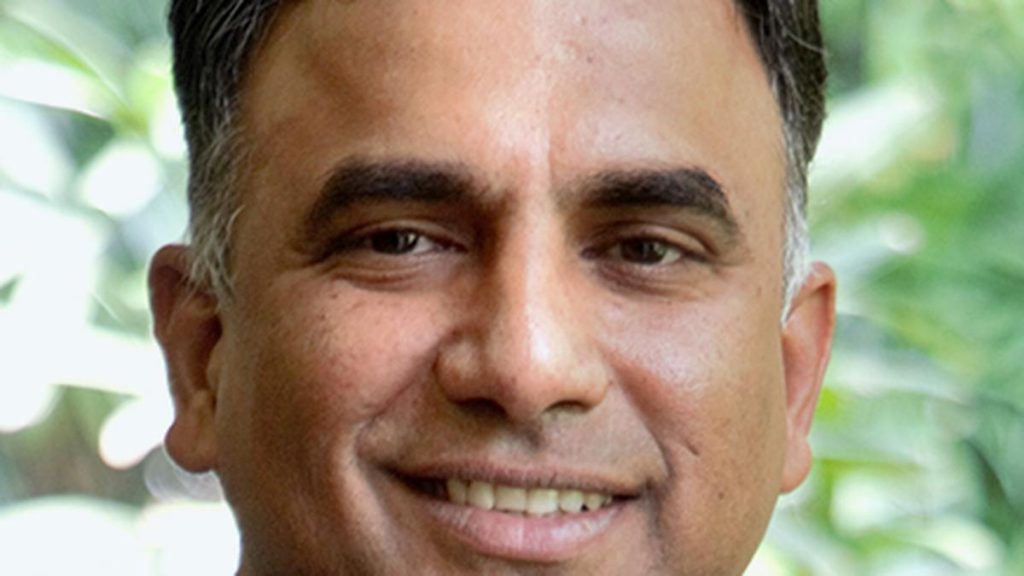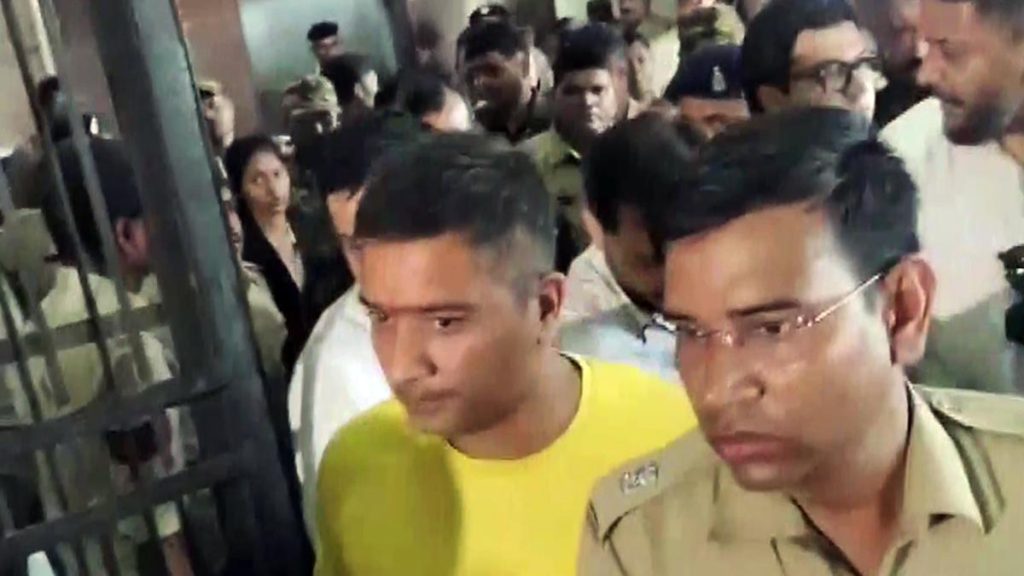Now Reading: Madras High Court Bars Nama Sankeerthanam in Residential Areas Without Approval
-
01
Madras High Court Bars Nama Sankeerthanam in Residential Areas Without Approval
Madras High Court Bars Nama Sankeerthanam in Residential Areas Without Approval

Rapid Summary
- Teh Madras High Court has restrained the recitation of Nama Sankeerthanam (chanting names of Hindu Gods) at a residential property without permission from the Collector.
- Justice N. Anand Venkatesh stated that congregational prayers in residential areas require approval and should not disturb neighbors. He emphasized equal submission of laws across religious groups.
- A writ petition was filed by Prakash Ramachandran, who alleged disturbances caused by chanting held on his neighbor’s premises in Radha Nagar, Chromepet, Chengalpattu district.
- The respondents claimed the chanting was supported by neighbors and protected under Article 25 (freedom of religion) but were reminded that religious practices must not interfere with public peace.
- Similar rulings prohibiting congregational prayers in residential properties without Collector’s approval had been passed earlier regarding Christian prayers in Kanniyakumari district.
- The court directed local police to ensure compliance with it’s order until permission is granted.
Indian Opinion Analysis
The Madras High Court’s ruling reinforces the balance between individual rights to religious practice under Article 25 of India’s Constitution and community welfare. By requiring Collector permission for congregation-based activities in residential areas, this judgment seeks to prevent disturbance while maintaining equitable treatment across all faiths. This decision highlights a progressive acknowledgment that freedom of worship must coexist with others’ right to tranquility.
For India, such observations may also build precedent toward addressing noise pollution more sensitively within urban settings while respecting cultural diversity. Local administrative bodies like Collectors now bear greater obligation for ensuring harmony among residents when approving such prayer gatherings.
Read More: The Hindu























